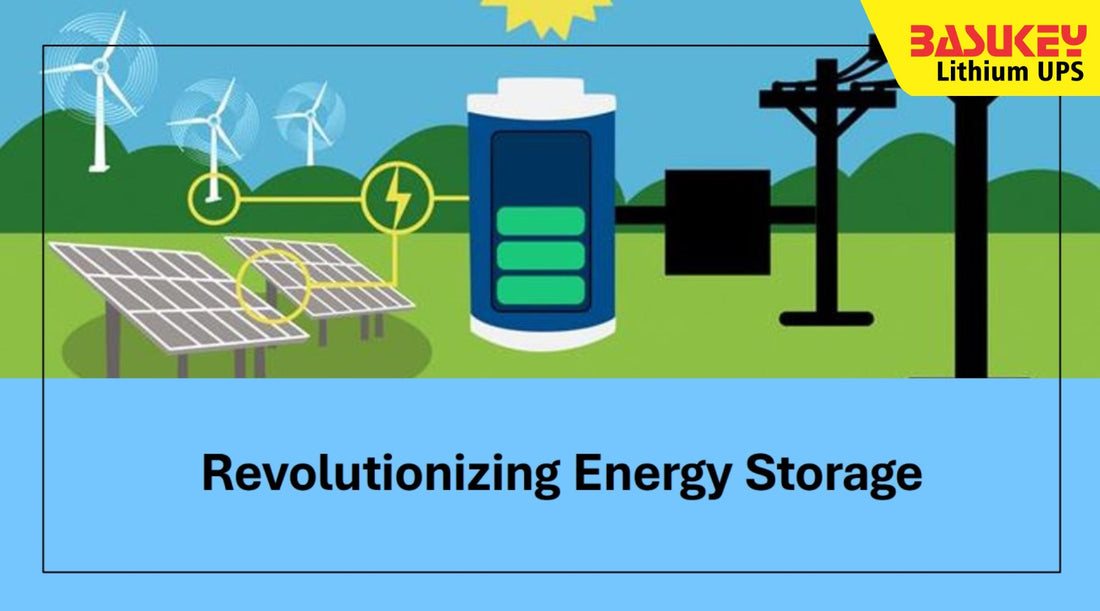
Decarbonizing the Grid: How Long Can We Rely on Fossil Fuels?
Share
The transition to renewable energy sources is crucial for decarbonizing the grid and combating climate change. But how long can we continue to rely on fossil fuels to power our electricity grid?
The Current State of Fossil Fuels
Currently, fossil fuels such as coal, natural gas, and oil still dominate the global energy mix, accounting for approximately 80% of the world's energy consumption. In the United States alone, fossil fuels make up about 63% of electricity generation. Despite advancements in renewable energy technologies, fossil fuels remain a significant part of the energy landscape.
The Environmental Impact
While fossil fuels have been a reliable source of energy for decades, their environmental impact is undeniable. The burning of fossil fuels releases greenhouse gases such as carbon dioxide into the atmosphere, contributing to global warming and climate change. As the world grapples with the urgent need to reduce carbon emissions, the reliance on fossil fuels becomes increasingly unsustainable.
The Transition to Renewable Energy
To decarbonize the grid and mitigate the effects of climate change, the transition to renewable energy sources is imperative. Renewable energy technologies, such as solar, wind, hydroelectric, and geothermal power, offer cleaner alternatives to fossil fuels. In recent years, the cost of renewable energy has decreased significantly, making it more competitive with traditional fossil fuels.
The Future of Fossil Fuels
While the shift towards renewable energy is promising, the timeline for phasing out fossil fuels entirely remains uncertain. Factors such as policy decisions, technological advancements, and economic considerations will influence the pace of this transition. Some experts predict that fossil fuels could still play a role in the energy mix for several decades, albeit in a reduced capacity.
The Importance of Diversification
As we navigate the transition to a cleaner energy future, diversifying the energy mix will be crucial. A combination of renewable energy sources, energy storage technologies, and energy efficiency measures can help ensure a reliable and sustainable grid. By diversifying our energy sources, we can reduce our reliance on fossil fuels and accelerate the decarbonization process.
In conclusion, while the reliance on fossil fuels continues to be a reality in the current energy landscape, the need to decarbonize the grid is more pressing than ever. By investing in renewable energy technologies, implementing supportive policies, and fostering innovation, we can work towards a future where fossil fuels play a diminishing role in powering our electricity grid.
